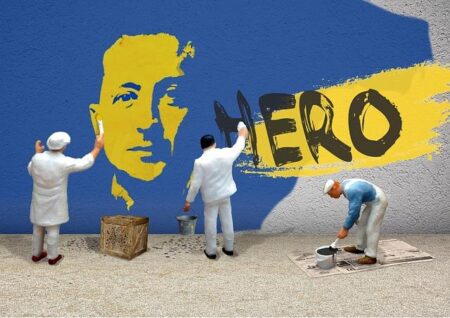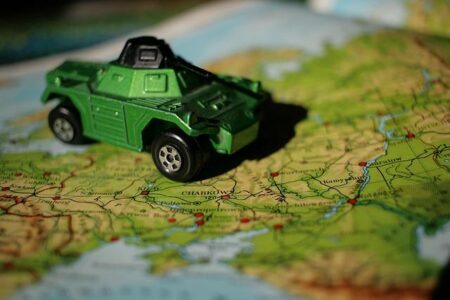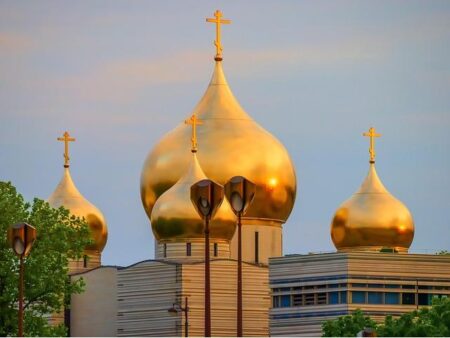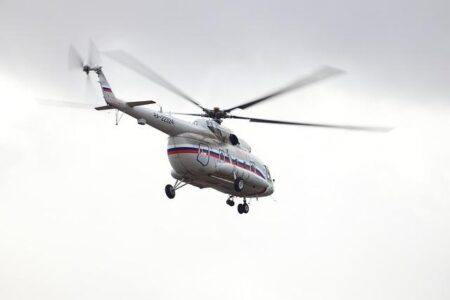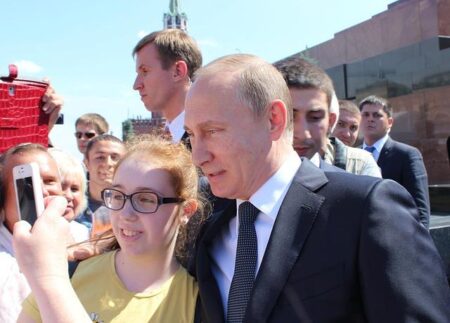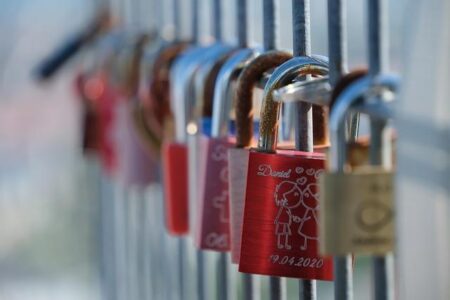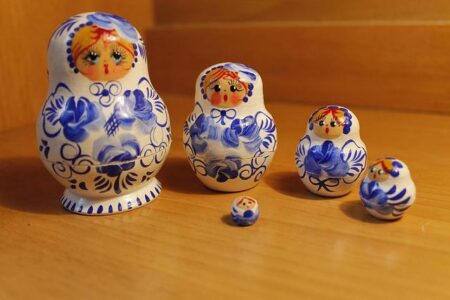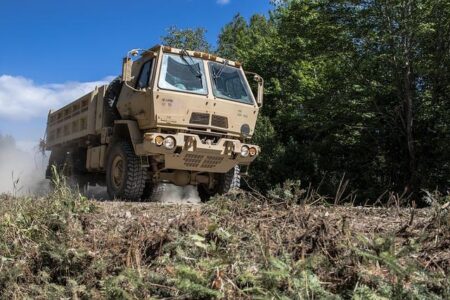Ukrainian President Zelenskyy’s holiday message, boldly proclaiming “May He Perish,” has sparked a wildfire of outrage across Russia, intensifying tensions in the ongoing conflict. UNITED24 Media explores the escalating heat of this fierce rhetoric
Browsing: Eastern Europe
Ukrainian President Volodymyr Zelensky has reportedly offered new peace concessions to Russian President Vladimir Putin, aiming to reduce tensions and move the ongoing conflict toward a breakthrough. Although the details of these proposals remain under wraps, both leaders are actively involved in sensitive negotiations
A Russian general was killed in a dramatic car bomb explosion in Moscow, delivering a shocking blow to the nation’s military leadership. This rare and audacious attack has sent shockwaves through the capital as authorities launch a thorough investigation amid escalating tensions and growing security fears
Russian President Vladimir Putin has launched a massive and relentless assault on Ukraine, unleashing a staggering force of 650 drones and 30 missiles in a meticulously coordinated strike. This brutal offensive stands as one of the fiercest attacks in the ongoing conflict, reports The Independent
The ISW’s December 20, 2025 Russian Offensive Campaign Assessment uncovers intense battles and bold Russian strategies reshaping Eastern Ukraine, as Kyiv’s forces rally to fortify their defenses amid mounting pressure
The ISW Russian Offensive Campaign Assessment on December 19, 2025, highlights intense battles raging across eastern Ukraine. Russian troops advance with caution, met by relentless Ukrainian counterattacks, marking a volatile and uncertain phase in the ongoing conflict
Russian President Vladimir Putin delivered a chilling warning: should peace talks fail, Russia is ready to escalate the conflict and extend its territorial grip in Ukraine. This bold statement darkens the prospects for a peaceful diplomatic resolution
Russian President Vladimir Putin has delivered a chilling ultimatum: should diplomatic talks fail, Russia is prepared to seize control of Ukraine through “military means,” escalating an already volatile and high-stakes conflict, reports thehill.com
The UK has launched a game-changing ÂŁ600 million air defense package for Ukraine, set to dramatically enhance Kyiv’s defenses in the face of ongoing conflict. This robust support includes advanced missile systems and next-generation radar technology, empowering Ukraine to detect and neutralize aerial threats with unmatched precision and power
US officials spotlight encouraging progress in talks aimed at forging a “lasting and durable peace” between Ukraine and Russia. Amid ongoing challenges, negotiators remain cautiously optimistic about the potential for breakthrough agreements ahead
Tensions are mounting as Germany takes a hard look at its role in the escalating Russia-Ukraine conflict. Berlin faces the daunting challenge of meeting vital energy needs while unwaveringly backing Ukraine-a delicate balancing act that is transforming Europe’s security landscape
The Institute for the Study of War’s December 12, 2025 assessment highlights a dramatic surge in Russian offensives sweeping across eastern Ukraine, where intense battles and tactical maneuvers are rapidly transforming frontline dynamics and putting regional stability at serious risk
A daring Ukrainian drone strike has taken two lives in Russia, sharply escalating tensions between the two nations. This bold and unprecedented attack marks a dramatic turning point in the conflict, fueling growing concerns about regional stability and security
Former President Trump claims that Ukraine is losing the war against Russia, but officials report that the battlefield remains largely unchanged, underscoring the ongoing uncertainty surrounding the conflict
The US has unveiled an ambitious strategy to end Russia’s war in Ukraine, blending diplomatic pressure, military aid, and precise sanctions. Explore the latest crucial updates and see how these efforts are shaping the path forward today
The New York Times delves deep into the fierce territorial clashes between Russia and Ukraine, highlighting key flashpoints and unraveling the intricate diplomatic struggles that keep tensions simmering along their hotly contested borders
Germany has surged ahead to reclaim its top spot in Europe’s EV market, leaving southern and eastern regions trailing behind with slower adoption rates. This shift underscores the widening gap in electric vehicle enthusiasm across the continent
In London, the leaders of Ukraine, the UK, France, and Germany united to strengthen diplomatic ties with the US and ramp up defense support for Ukraine amid rising tensions, the Official Internet Representation of the President of Ukraine reported
Two people tragically lost their lives in a fierce overnight Russian attack targeting vital infrastructure in Ukraine, officials revealed. The strike caused extensive damage, plunging entire areas into darkness and disrupting essential services. Investigations are now underway to uncover the full impact
Russia has intensified its attacks on Ukraine’s energy infrastructure, targeting power plants and grids in a ruthless effort to plunge civilians into darkness just as winter looms, CBS News reports. Amid the ongoing conflict, Ukraine faces widespread power outages that are leaving communities struggling to stay warm and connected

